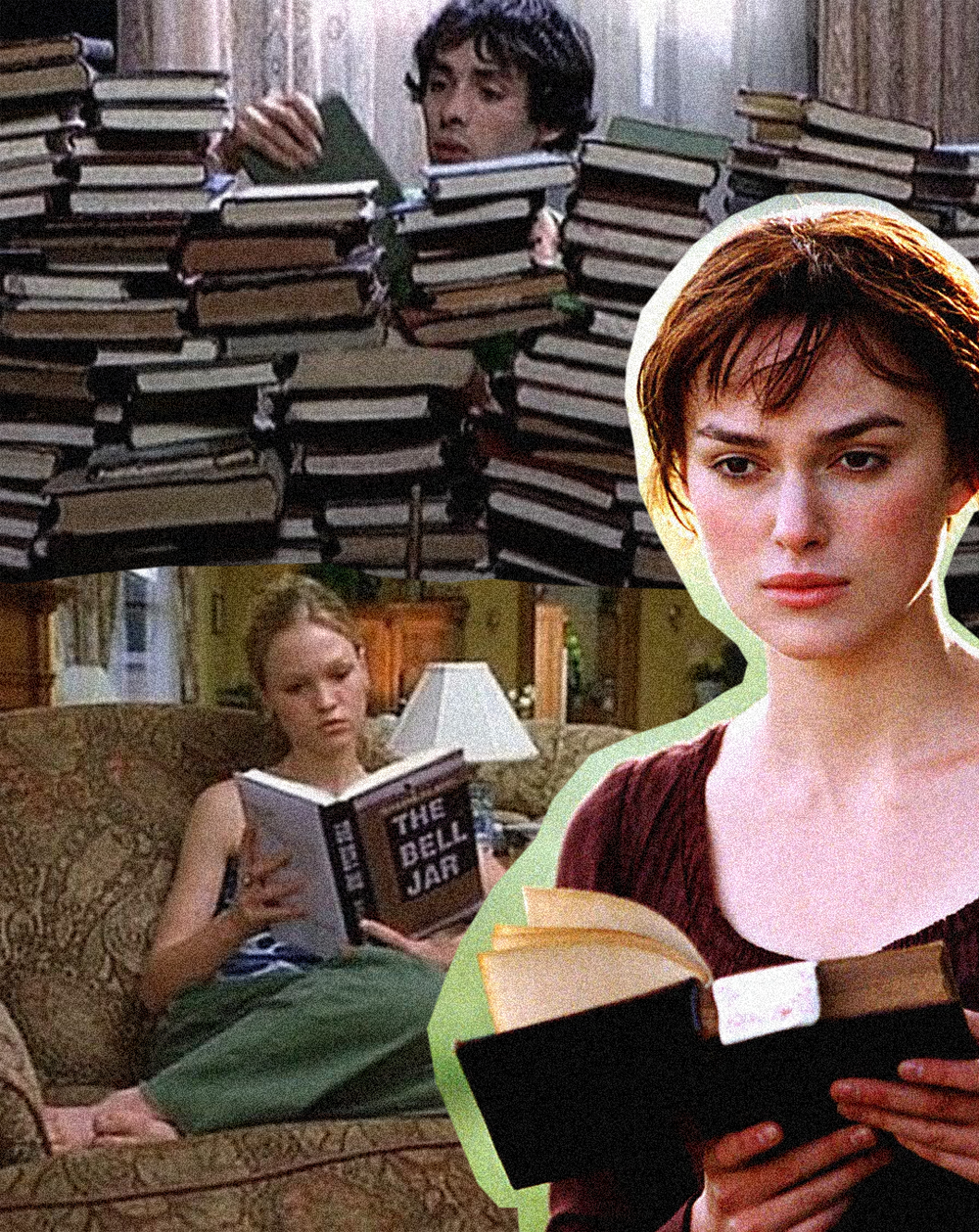Book Binging: Does Reading Too Much Ruin the Meaning?
As the focus of a finger wag from at least some stage in our childhood, this phrase has followed most of us into our adult years: ‘Too much of anything is never a good thing.’ But in my own upbringing, this only applied to getting square television eyes or hyper after chocolate. There was one hobby that never found itself admonished: reading. But why would it? To read more is to grow sophisticated, educated, wordly. The escapism it brings feels more nuanced than the screen, it strengthens and complexifies the networks of your brain. In the eyes of a younger self, my parents and my teachers, there was no such thing as reading too much.
Since lockdown, reading feels like it is having a resurgence in popularity. Booktok amasses millions of views daily, recommending novels and nonfiction to audiences hungry to read more and more and more. An old uni friend on Goodreads pledges to read 100 books in 2023. Gone are the days that a picture of a book and coffee makes it to the feed, but a full literary analysis is necessary on every tome you touch. Digital media has taken literary discourse to levels both academic and accessible and the pressure to consume as many books as possible appears to have affected the way in which we actively engage with popular literature.
Embraced as ‘Binge Reading’ by the online community, the act is self-explanatory: being wholly intoxicated by a text so as to read it in just a few, intensive sittings. I’m certainly no stranger to this, having recently read Douglas Stewart’s Shuggie Bain in a mere two days after finding myself captivated by its dark yet comedic perspective. The addictive quality to certain reads can feel exciting and gripping; to smack the cover closed at the end of it all sends a zing to the air. There’s nothing like it. But that ‘it’ is lost when it’s expected all the time.
With the popularity of reading being pushed on social media, the same lines get trotted out from our childhoods: Read more for your mental health, read more to learn more, read more to write better. But as the lust for the hobby expands and annual reading goals become a yearly staple, Book Influencers are becoming ravenous. In order to make more followers, gain more views, the more knowledge and recommendations they must have. In order to be classed a book worm and have their thoughts validated, they must weasel first through a forest’s worth of paper.
___STEADY_PAYWALL___
In reading so much there is of course also a privilege. Those able to dedicate hours to attentive study are certainly in the minority among others who work long hours and find themselves too burnt out to commit a structure to reading. In comparison, our opportunities to sit down with a book feel amateur and futile.
Trending on the algorithm, alongside detailed recommendations, are fast-paced, book stack swipe videos: Users flipping through their ‘best reads’ of the year, their ‘female rage recommendations’ and their ‘new classic’ suggestions in a rapid, ‘blink-at-you’ll-miss-it’ succession. Without effort to offer description or analysis, these videos contort books into empty boxes to be ticked off, composing reading as a to-do list in place of an engrossing past-time.
“To keep the hobby alive in all its bright and abundant benefits, we must ensure we’re not making a binge reading hegemony that intimidates those trying to interact with book content communities.”
This issue falls into particular concern when we look to narratives by writers of racial, sexual, or gendered minorities. For white, western readers losing themselves in the simmer of speed reading, are missing the nuance that certain texts require a longer reflection, time to sit with and fully comprehend. That’s not to say that all books need to be thought of critically (because where’s the joy in that), but for texts offering alternative or underrepresented perspectives, it’s important that as rapid reading becomes the new doom scroll, that we don’t allow these books and their points to be washed over. In the drive to finish a book by a certain time, I often find myself in a trance state; eyeing the page number more than the actual words, calculating the mental maths of how much time I have left. I’m making a chore of my books and I hate it.
If you’re a person able to read both quickly and actively, I am not trying to stop you devouring delicious literature. But we - as a community and as individuals - are due a shift in recognition: What actually constitutes quality reading? Is it being able to read over 100 books in a year or is it the ability to fully consume yourself in what each author has intended to create? I understand that there are those that don’t wish their reading to be intense and all-consuming, and there are books that allow for semi-passive digestion, but it’s equally as crucial we remember that taking your time to enjoy a book and sit with its message after reading is far from a negative. To keep the hobby alive in all its bright and abundant benefits, we must ensure we’re not making a binge reading hegemony that intimidates those trying to interact with book content communities.
Words: Mia Autumn


